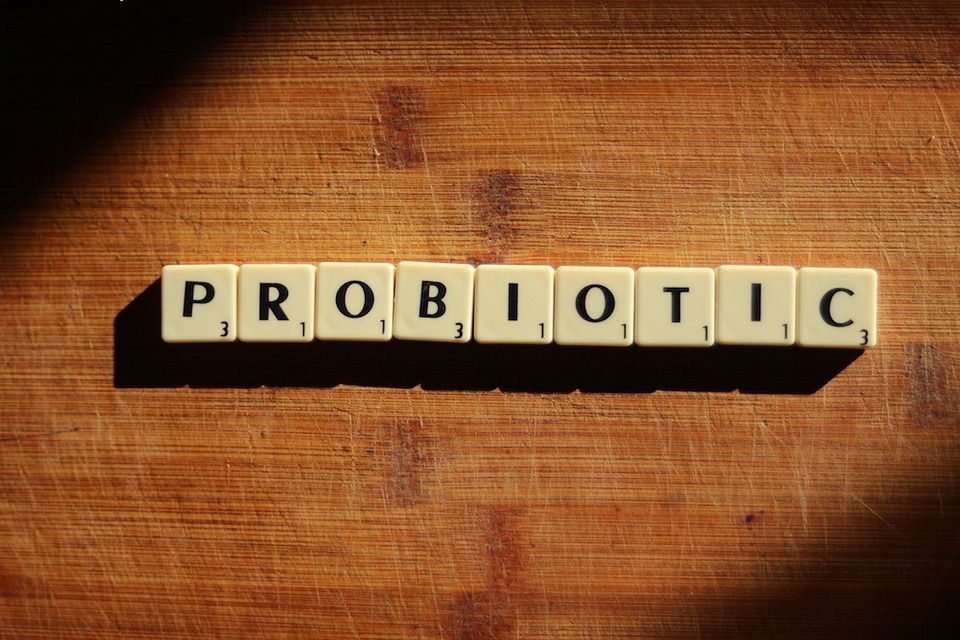Probiotics are often touted as a way to boost your immune system, but what does the science actually say? In this article, we’ll explore the relationship between probiotics and immunity and understand the science behind it.
What Are Probiotics?
Probiotics are live microorganisms that are good for your health, especially your digestive system. They are often referred to as “good” or “friendly” bacteria because they help keep your gut microbiome healthy. Probiotics can be found in a variety of foods and supplements and are considered safe for most people.
The Gut Microbiome and Immunity
The gut microbiome plays a vital role in our immune system. The gut is home to a large portion of our immune system, and the gut microbiome helps regulate the immune response. A healthy gut microbiome is essential for a strong immune system.
How Probiotics Affect the Immune System
Probiotics can affect the immune system in several ways:
- Boosting Immune Cells: Probiotics can help boost the production of immune cells, such as T-cells and natural killer cells.
- Modulating the Immune Response: Probiotics can help regulate the immune response, which can help prevent inflammation and other immune-related issues.
- Fighting Pathogens: Probiotics can help fight off harmful pathogens that can weaken the immune system.
Probiotics and Immune Function
Several studies have suggested that probiotics may help boost immune function. Here’s what we know:
- Probiotics Can Help Prevent and Treat Infections: Some studies have suggested that probiotics can help prevent and treat infections, including respiratory infections and urinary tract infections.
- Probiotics Can Help Boost Vaccine Response: Some studies have suggested that probiotics can help boost the immune response to vaccines, which can improve their effectiveness.
- Probiotics Can Help Improve Gut Health: A healthy gut microbiome is essential for a strong immune system, and probiotics can help improve gut health.
Where to Find Probiotics
Probiotics can be found in a variety of foods and supplements. Here are some of the most common sources:
- Yogurt: Yogurt is one of the most well-known sources of probiotics. Look for brands that contain live and active cultures.
- Kefir: Kefir is a fermented milk drink that is similar to yogurt. It contains a variety of beneficial bacteria and yeasts.
- Sauerkraut: Sauerkraut is a fermented cabbage dish that is rich in probiotics. Look for unpasteurized sauerkraut to ensure that it contains live cultures.
- Kimchi: Kimchi is a spicy Korean dish that is made with fermented vegetables. It contains a variety of beneficial bacteria and can be a great source of probiotics.
- Kombucha: Kombucha is a fermented tea drink that is becoming increasingly popular. It contains a variety of beneficial bacteria and yeasts.
- Probiotic Supplements: If you’re not getting enough probiotics from your diet, you may want to consider taking a probiotic supplement. Look for one that contains a variety of strains of bacteria.
Final Thoughts
The relationship between probiotics and immunity is complex, and research is ongoing. While some studies have suggested that probiotics may help boost immune function, more research is needed to confirm these findings. However, a healthy gut microbiome is essential for a strong immune system, and probiotics can help improve gut health. By incorporating probiotic-rich foods into your diet or taking a probiotic supplement, you can help support a healthy gut microbiome and improve your overall health. As always, be sure to talk to your doctor before making any changes to your diet or supplement routine.







